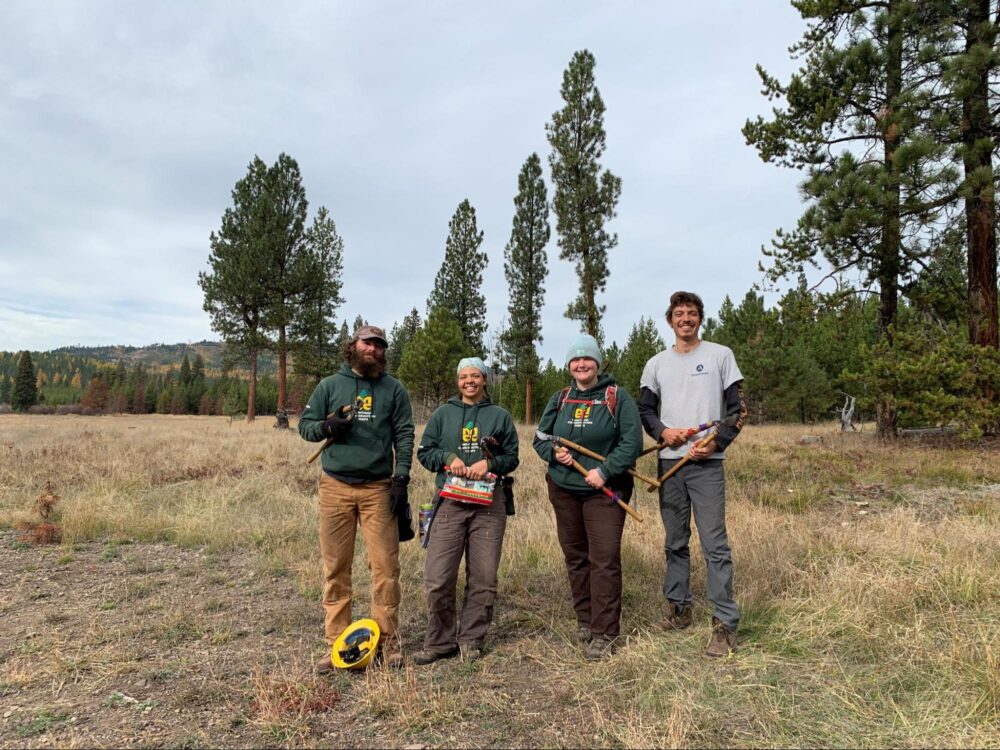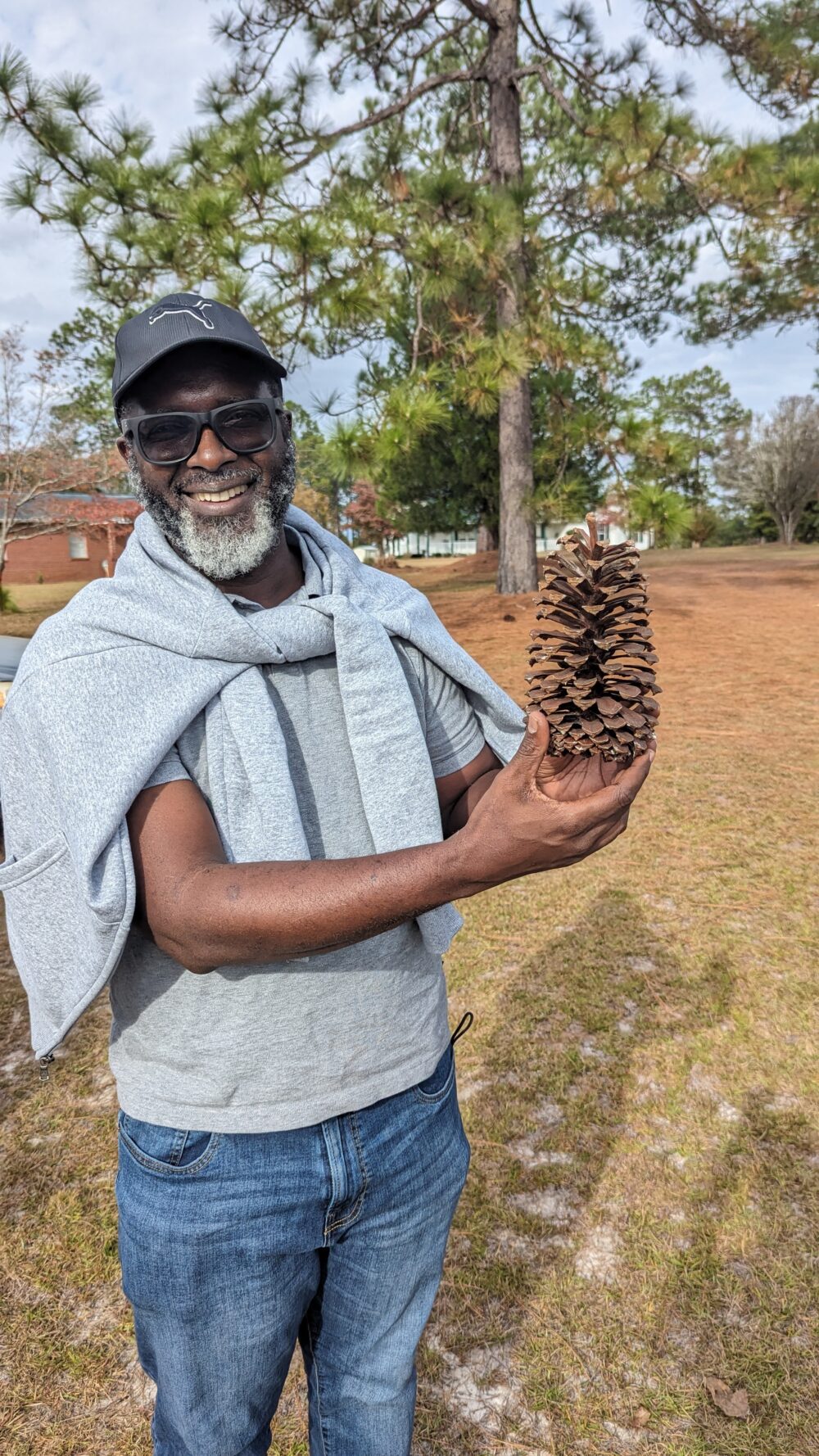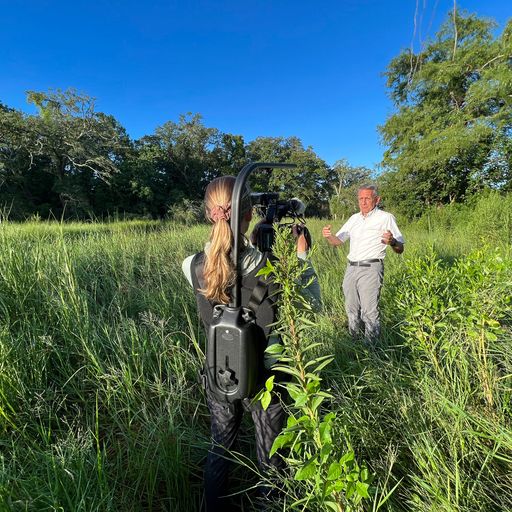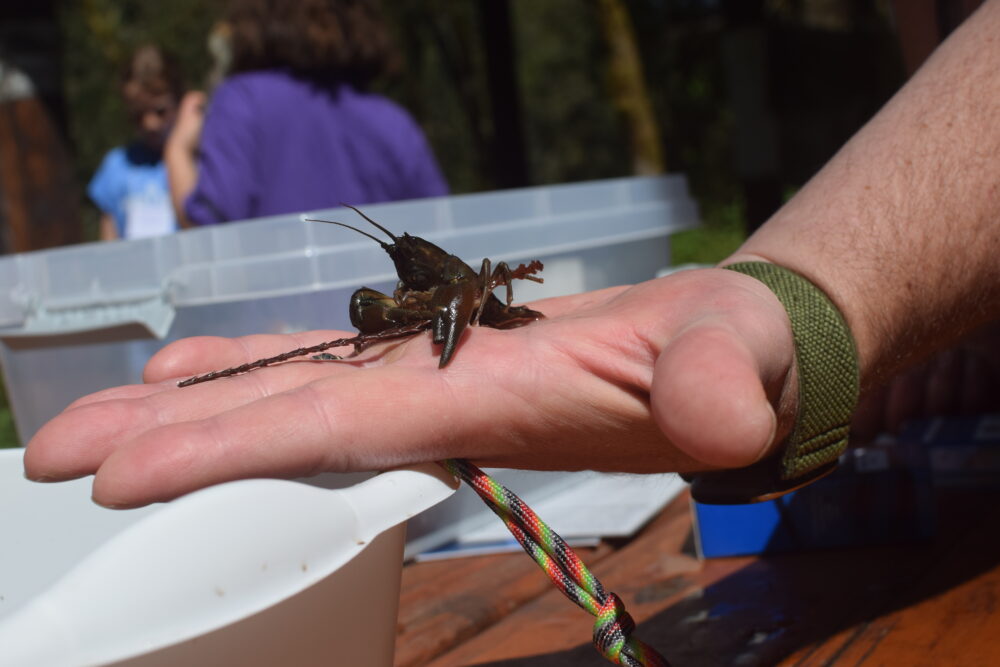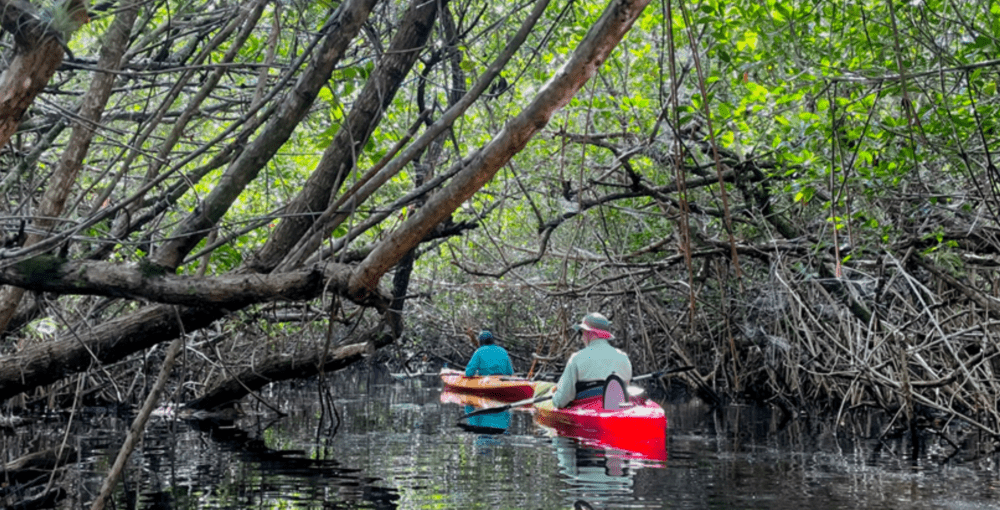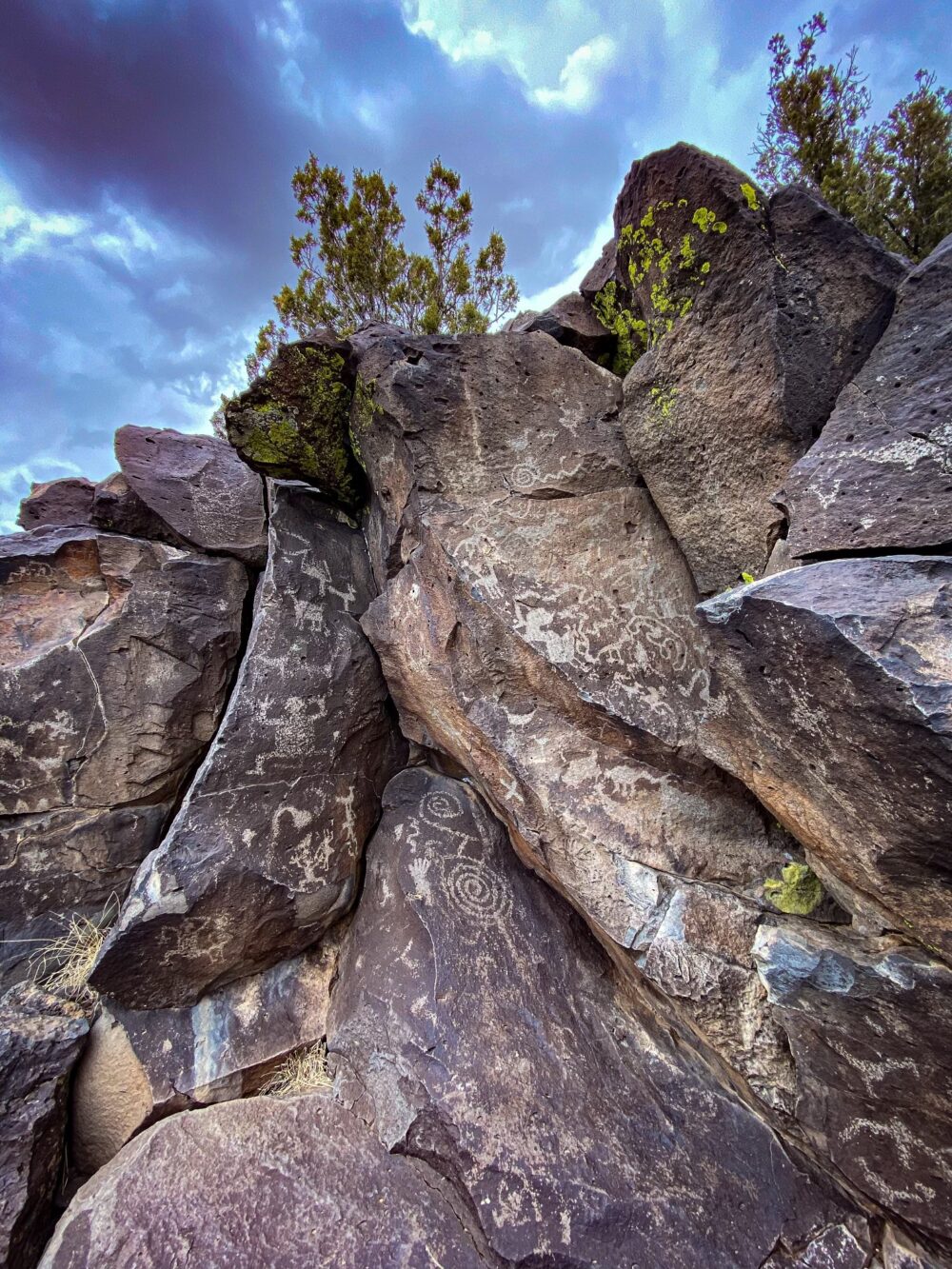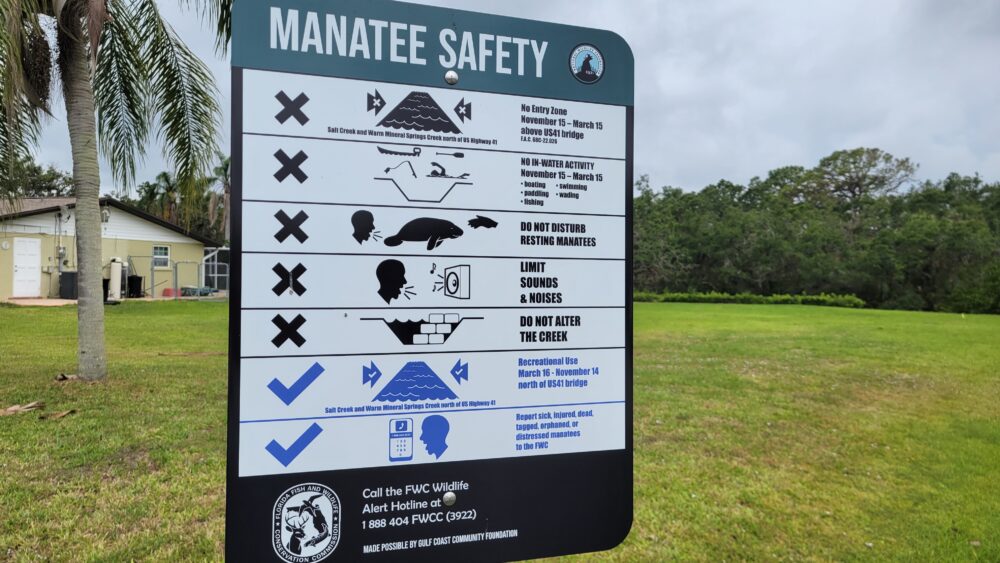We have much more to do and your continued support is needed now more than ever.
Weekly News Roundup: Calling All Environmental Reporters!
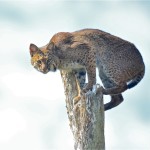
Battle of the Bobcats
NWF supporter Rebecca Sabac captured an incredible wildlife sighting recently. While driving down Highway 27 in the Everglades, she caught sight of a beautiful bobcat perching in a tree. However, this was no serene sight. Click here to see the ferocious scene that occurred next!
What’s happening at NWF this week?
Jury Announced for Young Reporters for the Environment USA Competition
Feb 20-The Jury panel for the Young Reporters for the Environment USA was announced this week by the National Wildlife Federation. The prestigious panel of professionals possesses expertise in the fields of environmental conservation, sustainable development, journalism, photography, videography and education.
Young Reporters for the Environment (YRE) is hosted by the National Wildlife Federation; the program is coordinated by the Foundation for Environmental Education (FEE) worldwide. This year’s deadline for submission is March 15, 2014. The competition is open to students between the ages of 13 and 21.
For entry criteria and more information visit www.yre-usa.org.
New TCEQ Rules Fall Short of Protecting Texas’ Rivers and Bays
Feb 14- The Texas Commission on Environmental Quality (TCEQ) Commissioners voted Wednesday to set environmental flow standards for the Brazos, Nueces, and Rio Grande basins and bay areas that fail to adequately protect these rivers and associated estuaries. By placing limits on new water rights permits and setting targets for efforts to improve flows, flow standards are intended to ensure sufficient water remains flowing in our rivers and into our bays and estuaries to maintain water quality and sustain fish and wildlife populations.
“The action by the TCEQ Commissioners unnecessarily invites yet another round of contentious endangered species issues under federal law, said Tyson Broad, Research Associate with the Lone Star Chapter of the Sierra Club. The upper reaches of the Brazos River watershed are the last remaining habitat for two fish species—the sharpnose shiner and the smalleye shiner—proposed for listing as endangered species by the U.S. Fish and Wildlife Service. “TCEQ had the opportunity to adopt rules that would have gone a long way toward protecting these two species, but unfortunately chose not to do so.”
Take Action! Tell the Environmental Protection Agency to use the strong science on wetlands and streams to protect them from pollution and destruction.
NWF in the News
Bloomberg News: Obama Keystone Pipeline Review Roiled by Nebraska Judge
“The State Department analyzed a certain route in Nebraska and a judge has now thrown that route out,” said Jim Murphy, an attorney with the National Wildlife Federation, which opposes the pipeline. “I would think that a path to approval is very difficult.”
Christian Science Monitor: Not just honeybees: Affliction may be spreading to bumblebees, scientists say (+video)
“In the United States alone, native bees contribute at least $3 billion a year to the farm economy,” Mace Vaughan, pollinator program director at the Xerces Society for Invertebrate Conservation in Portland, Ore., told the National Wildlife Federation in July. “We grossly overlook the critical role these animals play.”
Forbes: Keystone XL Opposition: All Cause, No Benefit
The Sierra Club and National Wildlife Federation recently sought an injunction to stop construction, but U.S. District Court Judge Kentanji Brown Jackson ruled against them, noting that the environmental groups failed to prove “irreparable harm” would result if construction proceeded while litigation to stop the pipeline continued.
Louisiana Sportsman: Climate change impacting wildlife, study claims
The National Wildlife Federation is urging sportsmen to do their part to help slow down or reverse climate change, concluding in its latest report “Nowhere to Run: Big Game Wildlife in a Warming World” that many big-game species across North America are already being affected and could be headed for a big fall.
Science World Report: Dangerous Fish: Asian Carp Posing Threat to Boaters in Mississippi River Waters
The National Wildlife Federation has noted that the Asian Carp pose a threat to the waters they inhabit and they want to begin efforts to mitigate their eventual presence in the Great Lakes region. They believe that the carp’s migration can be halted if the Mississippi River Basin waterways are separated from the Great Lakes.
Times-Picayune: Sen. Mary Landrieu good choice for leadership of Energy Committee: Editorial
“Senator Landrieu has proven herself to be a champion for restoration of the Mississippi River Delta, as well as an effective legislator, notably demonstrated by her leadership in crafting and passing the bipartisan Restore Act,” the groups said in a written statement.
Alaska Dispatch: Oil spills can stop tuna hearts, say scientists
A report released last year by the National Wildlife Federation (NWF) confirmed that the gulf’s dolphins, sea turtles, and many fish including the Atlantic bluefins were in fact continuing to die in record numbers three years after the 2010 spill – which is considered the worst spill in petrochemical history.













